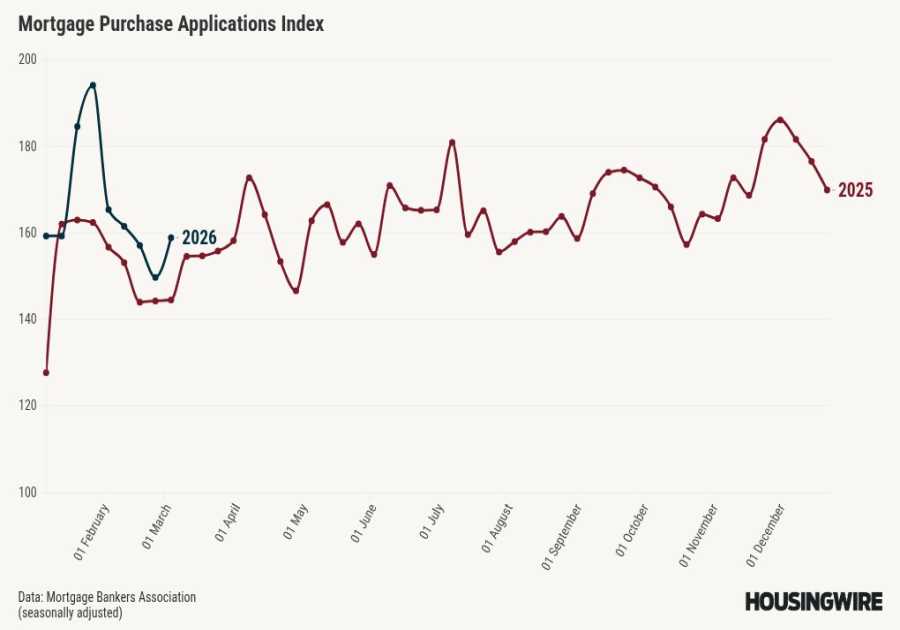For dual-income couples with no kids, financial freedom often feels like the ultimate reward for years of hard work. They can travel more, invest earlier, and enjoy the luxuries many families have to budget around. But that same independence can also make them easy targets for financial abuse—whether from manipulative partners, family members, or predatory professionals. Because they’re often seen as “well-off,” DINKS (dual income, no kids) can become victims of exploitation that’s subtle, sophisticated, and emotionally draining. Understanding how abuse can appear in these households is key to protecting both your money and your peace of mind.
1. Unequal Control of Shared Finances
One of the most common forms of financial abuse in DINK households occurs when one partner takes full control of the finances under the guise of “efficiency.” Since there are no children to manage or shared parental expenses, it’s easy for one person to assume total oversight of income, accounts, and bills. Over time, this imbalance can evolve into manipulation—where the less-involved partner loses visibility and autonomy. Even in healthy relationships, it’s crucial that both individuals know where money is going and have access to shared accounts. Transparency prevents dependency from turning into financial vulnerability.
2. Exploitation by Family Members
DINK couples are often viewed as having “extra money,” which can make them prime targets for relatives seeking financial favors. Requests for loans, cosigning debts, or covering family emergencies can quickly snowball into emotional pressure. In some cases, relatives may guilt them for not having children, implying they “owe” more to the family. These situations blur the line between generosity and manipulation, creating a slow drain on financial security. Recognizing that emotional guilt is a form of abuse helps DINK couples set clear boundaries without damaging relationships.
3. Predatory Financial Advisers
Because many DINK couples accumulate wealth faster, they naturally attract financial professionals—and not all of them are trustworthy. Unscrupulous advisers may use complex jargon, hidden fees, or risky products to take advantage of clients who don’t have time to dig into details. They often exploit the assumption that “double the income equals double the protection.” In reality, some advisers prioritize their own commissions over client well-being. Avoiding this kind of financial abuse means asking tough questions, demanding full transparency, and verifying credentials before trusting anyone with your money.
4. Manipulation Through Gift-Giving or Shared Assets
Financial abuse doesn’t always look like theft; sometimes, it hides behind generosity. One partner might buy expensive gifts or make joint purchases as a way to assert control. Over time, these gifts can be used as leverage in arguments or to guilt the other person into financial concessions. DINK couples—often managing larger disposable incomes—are particularly vulnerable to this dynamic. A healthy relationship requires that major purchases are mutual decisions, not emotional tools for control.
5. Overreliance on One Partner’s Income
In many DINK households, one partner eventually becomes the higher earner, whether through career progression or business ownership. This shift can lead to subtle abuse if the higher earner begins dictating spending or using their income as a power tool. The lower-earning partner may feel hesitant to question financial choices or contribute opinions about investments. This imbalance erodes equality over time, even if it begins unintentionally. Maintaining joint goals and equal decision-making keeps financial power balanced and relationships healthy.
6. Scams Targeting “Affluent” Households
Scammers often target DINK couples because of their perceived wealth and lack of financial dependents. Common scams include fake investment opportunities, property schemes, and luxury travel offers that promise exclusivity. Without children or dependents to consider, DINK couples may feel freer to take risks or say yes to high-ticket opportunities. Unfortunately, that same confidence can lead to impulsive decisions that open the door to fraud. Protecting against this type of financial abuse means verifying every major transaction, no matter how “exclusive” it seems.
7. Subtle Lifestyle Pressure from Friends and Peers
Even outside direct manipulation, social dynamics can create abuse-like pressure. Friends or peers may expect DINK couples to split higher bills, cover group trips, or donate more because they “don’t have kids.” Over time, constantly footing the bill or accommodating others’ expectations can become financially and emotionally exhausting. It’s easy for these habits to feel harmless at first but they quietly shift power and create resentment. Setting boundaries around spending—especially in social settings—is one of the most effective ways to protect against invisible financial strain.
Protecting Independence Without Losing Connection
For DINK couples, financial freedom is meant to bring empowerment, not exploitation. The key is awareness—recognizing that financial abuse can appear in many forms, from manipulation to over giving. Shared accountability, open conversations, and professional guidance from vetted advisers can strengthen financial partnerships. Saying “no” isn’t selfish; it’s self-protective. By staying informed and intentional, couples can enjoy the advantages of dual income without falling prey to those who see their success as an opportunity.
Have you ever seen DINK couples targeted for financial manipulation or pressure? What steps do you think best protect against financial abuse? Share your insights in the comments below!
What to Read Next…
Do Dual-Income Couples Face More Scams Than Families?
12 Warning Signs Your Identity Has Been Stolen
Are Couples Without Kids Treated Differently by Financial Advisors?
10 Lifestyle Wins Dual-Income, No-Kid Households Quietly Enjoy
Here’s 6 Tips to Live On One Income When Your Spouse Loses Their Job
------------Read More
By: Catherine Reed
Title: 7 Ways DINKS End Up the Biggest Targets for Financial Abuse
Sourced From: www.dinksfinance.com/2025/10/7-ways-dinks-end-up-the-biggest-targets-for-financial-abuse/
Published Date: Wed, 29 Oct 2025 15:00:06 +0000
Did you miss our previous article...
https://trendinginbusiness.business/finance/how-to-prep-for-a-small-biz-audit
.png)





